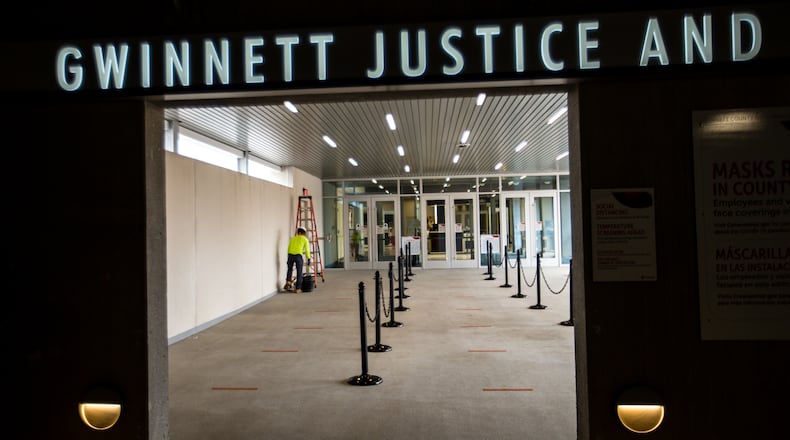The Council of Accountability Court Judges has picked Gwinnett County’s driving under the influence and mental health courts as models from which other counties in Georgia can learn.
The state group identified those courts as exceptionally performing during this year’s annual conference, according to the Gwinnett County website. The DUI and mental health courts will offer guidance and visits from their counterparts in other counties, especially those facing challenges, according to Gwinnett County.
Gwinnett also has adult and juvenile drug courts, parent courts and a veterans’ treatment court. Their judges are volunteers.
Judges Shawn F. Bratton and Ronda Colvin oversee the DUI court.
“We have to cater to our own population in ways that will be different from rural counties,” Bratton said in a prepared statement. “Being able to mentor similar courts is a great way to help change things.”
Accountability Court Programs Director Priscilla Daniels said people come to accountability courts at some of the lowest points in their lives.
“With Accountability Courts, you’re giving people the skills that they need to be better individuals to get out and get a job to support their families, to be productive members of society,” Daniels said in a statement.
More information about Gwinnett’s treatment courts can be found here.
About the Author
Keep Reading
The Latest
Featured




